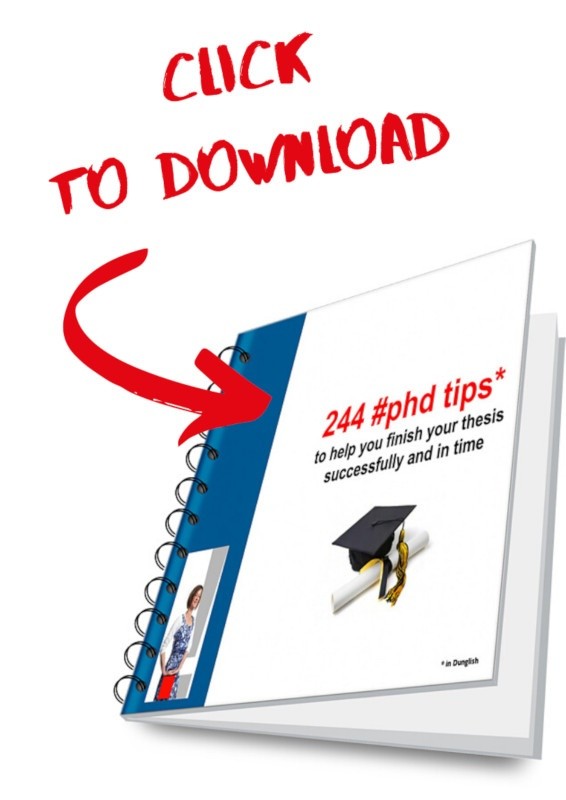We all have stress, but PhD students experience it in a very specific way.
This is due to a variety of factors as shown in our research. For example, PhD students may feel it is unclear what exactly is asked of them, that the workload and finding a conclusion of their research is unrealistic and unattainable, and that they are thrown in the deep end with little preparation. Above all, supervisors may not always be equally helpful or supportive, and the feedback given to you is not always helpful. Maybe this sounds familiar?
These circumstances cause stress. It’s that simple.
Stress by definition is not necessarily unhealthy, it’s your body’s biological reaction when experiencing difficult situations. However, too much stress or long-lasting and enduring stress can create physical symptoms and cause your body to act in a state of survival. And in that mode, it is more difficult to achieve any of your goals and responsibilities, which in turn increases stress even more.
When your body is reacting in a survival mode, your body releases adrenaline and reacts in the ‘flight or fight’ modus because of its programme. After the stressful event, cortisol is produced to return the body to its normal state.
You first recognise a state of arousal, feeling extremely prepared as your body gets ready to ‘fight or flight’ and after that complete exhaustion. The harm this can cause in brain cells can be drastic and/or permanent, creating a greater likelihood for depression and severe burn-out.
Neuropsychologist Michael Portzky researched this in his work and explains in this video what exactly happens in your brain. The video is in Dutch and unfortunately without subtitles. The following video will also explain how chronic stress affects your brain.
Portzky’s book, Resilience lays out four strategies to overcome the potential brain damage caused by enduring stress, as well as how to recover. All the strategies are introduced as ways to increase your resilience.
First strategy: Decrease stress
For recovery, it is of utmost importance to decrease stress, and a part of this is naming and identifying the stressors, clarifying where they are coming from, and discussing all this with your supervisors. Here are some tips on how to have a positive meeting with your supervisor and to receive the help and feedback you need.
Strategy 2: Getting to work with your “palliative pallet”
One method to decrease stress is to work on your “palliative pallet,” as Portzky points out. Going for walks or the cinema, catching up with friends on the phone, taking a nap or playing with your children or pets are examples of these types of activities. This includes making choices and finding what works for you. Do not make it more harder than it has to be.
 Strategy 3: Getting an adequate amount of exercise and finding a balance between academic work and staying active
Strategy 3: Getting an adequate amount of exercise and finding a balance between academic work and staying active
Not all PhD students are getting enough exercise. A study done in Gent found that 7 hours of studying and research combined with one hour of physical activity accomplishes more than studying for 8 hours straight. Taking a walk for instance is very beneficial.
Strategy 4: Strength training
As a final strategy, Portzky recommends strength training, where you train your body and muscles. This is because the growth hormone works to also repair any brain damage. In the Netherlands for example, fit20 is a specific method to train towards muscle failure. I’ve been a dedicated fan for years!
What will you do to increase your resilience?




